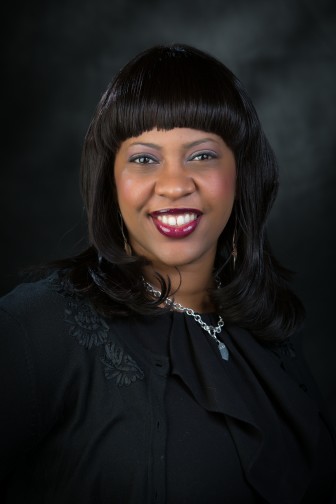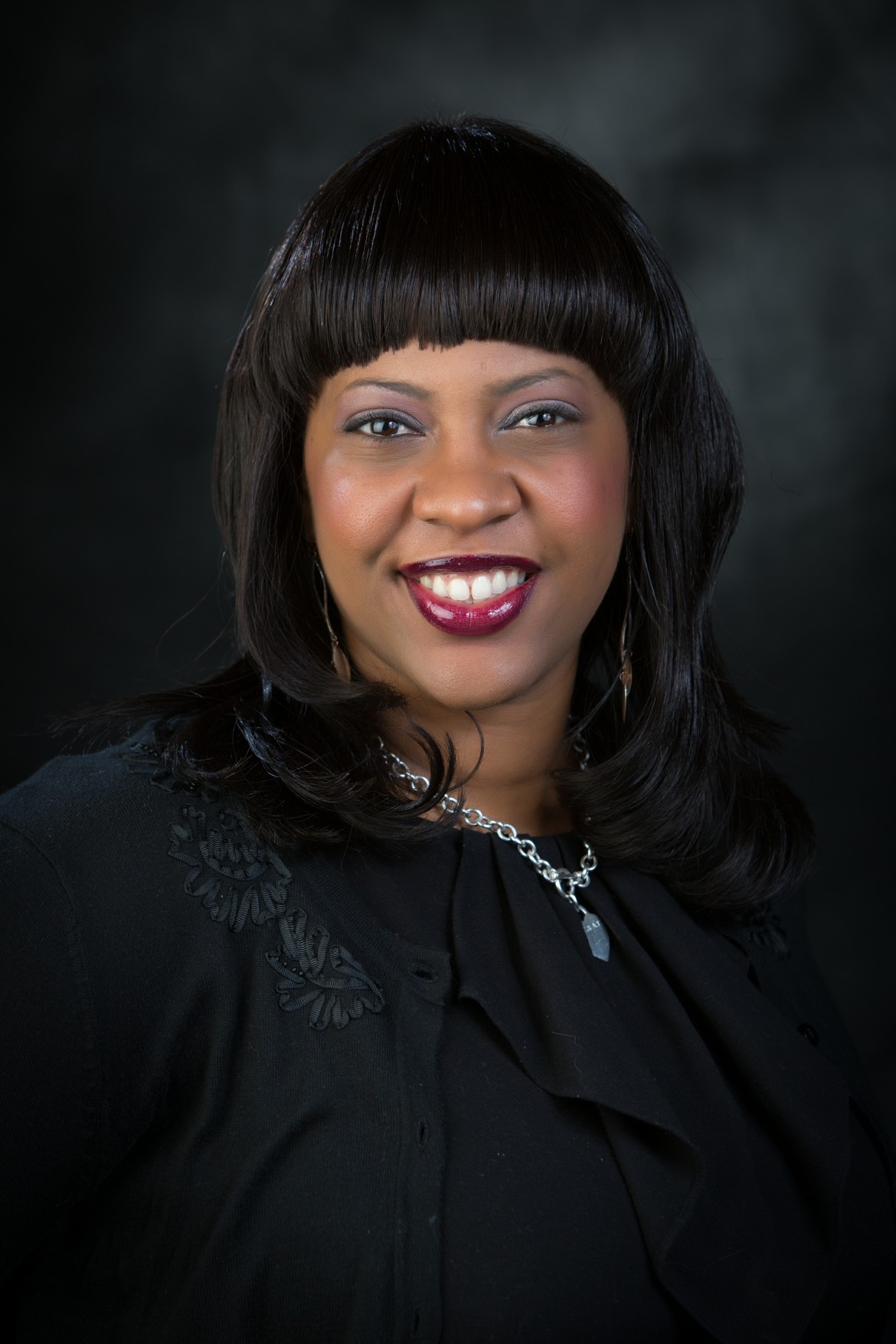 It was four years ago Friday that an unforeseen incident would be the catalyst to start a national movement. On the evening of Feb. 26, in Sanford, Florida, a 28-year-old man with a gun got out of his truck and confronted, chased, shot and killed a 17-year-old unarmed black kid. Trayvon Martin was merely walking home from a convenience store with a bag of Skittles and a can of Arizona Iced Tea.
It was four years ago Friday that an unforeseen incident would be the catalyst to start a national movement. On the evening of Feb. 26, in Sanford, Florida, a 28-year-old man with a gun got out of his truck and confronted, chased, shot and killed a 17-year-old unarmed black kid. Trayvon Martin was merely walking home from a convenience store with a bag of Skittles and a can of Arizona Iced Tea.
We watched in agony as the nation sought to digest the death of this young man. It exposed elements of a grim reality for young black boys. American society has been conditioned to see young black men as greater threats, as more violent and regards them as more dangerous.
In effect, blackness has become weaponized in a way that elevates a normal boy into a suspicious one, and then transforms suspiciousness into threatening. This affects how authority figures from schools to law enforcement choose to engage young black men, and affects what society will permit as acceptable in doing so. More alarmingly, this carries with it real consequences for those young men who find themselves at the mercy of a flawed criminal justice system that sets a low value on their lives.
In the months and years to follow, the tragic death of Trayvon has set off a national conversation about racial profiling and the role race played. His death, and those of other young black men, has served as a catalyst for a new generation of activists who seek to dismantle the structures that target and criminalize black youth. New organizations have been formed, new leaders have emerged, the spirit of resistance has been given a reboot, and a new modern-day civil rights movement has emerged.
The question at the center of this movement is, “What does the world look like when Black Lives Matter?” Not just in terms of policing, which has become a major focus in the wake of the killings of Michael Brown in Ferguson, Missouri; Eric Garner in New York City; Tamir Rice in Cleveland, or Freddie Gray in Baltimore, but in all areas of our society. What does education look like when black lives matter? What does economic opportunity look like when black lives matter? What does the criminal justice look like when black lives really matter?
It is a question those of us who advocate for criminal justice reform and work to ensure that young black men and boys are treated fairly ask ourselves daily. The racial and ethnic disparities that exist in our criminal justice system do not measure up to the standard of treating everyone equitably. Research has shown that this is fact.
[Related: 21 Years Later, Father Still Grieves Son’s Shooting by NY Police]
According to a report issued by the American Psychological Association and published in the Journal of Personality and Social Psychology, police officers who dehumanized blacks were more likely to have used force against a black child in custody than officers who did not dehumanize blacks. Dehumanization is the belief that a certain group should be treated as less than human.
The study described takedowns or wrist locks; kicking or punching; striking with a blunt object; using a police dog, restraints or hobbling; or using tear gas, electric shock or killing. It should be noted that dehumanization and not just police officers’ prejudice against blacks — conscious or not — was linked to violent encounters with black children while in police custody, according to the study.
The same study also found black boys as young as 10 may not be viewed as having the same childhood innocence as their white peers, but are instead more likely to be mistaken as older, be perceived as guilty and face police violence if accused of a crime.
This is a national crisis: Across the country our justice system is marked by disparate racial outcomes at every stage of the process — especially for those who are most vulnerable, young black boys. This is exemplified by more frequent arrests for youth of color and ending with more frequent secure placement.
The anniversary of young Trayvon's death and the other tragedies that have unfolded in the last several years should serve as a clarion call for anyone committed to justice reform. Our youngsters of color are much more likely to be profiled — and then prosecuted, sentenced and incarcerated as adults than their white counterparts.
Young men who experience similar profiling by their local police, prosecutors and judges will not be seen for what they often are, young boys. Children. Unfortunately, Trayvon and so many others had to lose their lives for America to pay attention. But if Trayvon's death, their deaths, serve as a catalyst for change in the justice system, and more specifically the juvenile justice system, then their deaths will not have been in vain.
We remember Trayvon because his death should serve as a daily reminder of the very real work left undone. His memory serves as our invitation to help fix a broken system. It will become better when we all become involved: What can each of us do to create a more equitable system for black men and boys, and therefore a system more just for all young people?
Aprill O. Turner is the director of communications & media relations for the Campaign For Youth Justice, a national initiative focused on ending the practice of prosecuting, sentencing and incarcerating youth under the age of 18 in the adult criminal justice system.
More related articles:
March Until ‘Shoot First, Ask Questions Later’ by Police Stops
Many New Yorkers, Police Mourn Their Losses, Fear the Future
Unarmed St. Louis Teen Fatally Shot by Police; Protests Turn Violent Overnight

This poor child wasn’t doing anything but being a teenager, it still to this day greatly angers me that the justice system is so full of prejudice people, that’s a fact, how else would the piece of crap person that had fun taking his life , ( with all the evidence ) be allowed to walk, and with all the killings since, something is terribly wrong, and what bothers me the most, is the calm peaceful demonstrations of the black, ( and I don’t want blacks attacking innocent families, either because most mothers raising children and GRANDMOMS, and teenagers, young people in their 20’s- 30′ S, are on your side, ( this is true) if your going to get back go after the donut eatters or those that actually commit the crime, or those that approve of the crime, Ijust feel that, every time we see peaceful demonstration that accomplishes nothing, these people are sitting in their offices laughing, I’m sorry but I can not be alone with this thought, it has to stop,
I will never forget this young man. George Zimmerman killed him and was never convicted of the crime. A senseless crime and death.